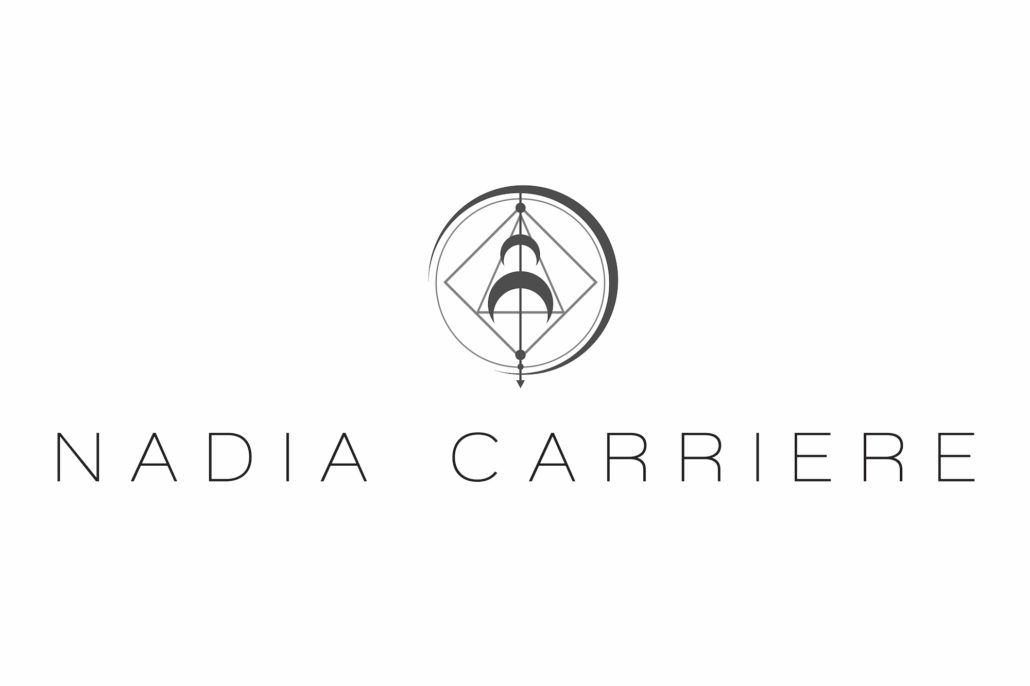Body Image, Diet, & Aging: A Dual Perspective
The topic of body image is one that comes up at every turn. Instead of turning away, we’ve turned to all of you, because we all have so much to learn from each other. Two weeks ago, we had an open discussion in our Luna Soul Collective Facebook Group, which brought up several questions. We thought it would be fun to answer them from a dual perspective. Here’s our take, what’s yours?
DO YOU EVER GET PAST SELF CRITICISM OR COMPARING YOURSELF TO OTHERS?
Nadia: It’s a double edged sword. I believe there is a fine line between both the healthy and detrimental side of these. Sometimes comparison can help you see yourself in a positive/different light, and constructive criticism is beneficial if you want to grow, create and improve yourself.
I used to have a very unhealthy attitude towards both and would pick apart every aspect of myself, usually the ones that were good ironically. I didn’t believe in my own capability, and felt my worth was skin deep, never satisfied. It sneaks in now and again, when I’m not honouring myself or taking time for self care, but I’m usually quick to shut it down. If I don’t, one of the two people closest to me, take the reigns and do it for me.
Katya: We all do it, it’s human nature. We learn through comparison, through contrast so to say. I truly believe that it’s not necessarily a bad thing, because seeing another’s beauty or strength can be an inspiring reminder to step into your own. Viewing those you admire as an example as opposed to competition, can tickle the ego just right and promote positive actions on your part. But… There is a but. This is really tough when self doubt leads the parade. That’s the daily struggle, the struggle of digging our own hole. Perhaps the daily practice should consist of digging ourselves out of said hole, thought by thought.
HOW DO YOU DEAL WITH CONFLICTING INFORMATION ON DIETS?
Nadia: This is the ultimate question for so many of us. If you would have asked me 6 months ago the answer would have been completely different than the 2016 version.
I think there are elements of truth in different diets and ultimately you need to find what works for you. Our blood types, genetics, upbringing, predispositions, geographical location, age and dietary history, are just a few of the many things that come into play, and I think it’s important that we honour the fact that all this is in a flux of change too. There’s a good chance that what may have worked for you 10 years ago, is affecting your health today. This circles around the concept of intuitive eating and actually using your GUT and intuition to lead you in what is right and wrong for your body. That is a topic all in itself, so I’ll cut this short for now.
Katya: This is a huge one for me.
We are constantly bombarded with information from seemingly credible sources on what to eat and how to eat it. Because we obviously need to be told what to do by other people. Eat grains, actually don’t, dairy is life, actually it’s death, kale kills, eat sunshine, don’t do it, pop a pill instead, count macros, count sheep, is that vegan? And it’s not like it’s difficult to get confused when you’re listening to everyone but yourself.
There is so much judgment around food. SO MUCH. It’s unbearable. We insert our negative emotions into food and it fails to be our fuel. Eating confusion for breakfast and shame for dessert while someone else is profiting from our turmoil.
Is there honestly one way for us all to eat? NO. Because if there was, none of these issues would exist. If there was one way that worked, it would work for all and people would stop searching for answers.
My biggest question is, why are we searching outside of ourselves? One man’s fuel is another man’s poison. Who are you eating for? Who are you pleasing by putting the bread down?
I love food, but I will never claim that it’s my way or the highway, because my way may lead someone astray and we should all be taking personal responsibility for what goes in our mouth, and for what comes out.
WHEN YOU DO FOLLOW A SPECIFIC DIET, HOW DO YOU PREVENT FOOD FROM OCCUPYING YOUR BRAIN, OR BEATING YOURSELF DOWN WITH CHEATING GUILT?
Katya: Say you’re on a specific protocol to better your health or achieve a specific goal. It’s super helpful to switch the mindset. Clearly the final outcome is desired, so that is a choice. Reminding yourself that you CHOSE this path and didn’t fall randomly victim to it, is a way to claim back power. I can have that, but I chose not to because the outcome is worth it.
It does get tricky on the mind when there is an actual health issue dictating our food choices. But hey, they are still choices. By reminding ourselves that we “chose to” vs “have to” and doing so with enough repetition, it becomes easier.
And if you want the cake, eat the cake. Just pass on the guilt. It’s called soul food for a reason. Just check in with the why. Your soul doesn’t ask for cake at 3 am, and it doesn’t ask for cake every day after dinner either.
Nadia: Tying in with the previous question, because without the mindset of honouring our individual needs and eating intuitively, a diet or “healthy lifestyle” can very quickly morph into an eating disorder. Speaking from personal experience over here. It’s essentially self inflicted mental abuse that takes over every aspect of your life, choices and ability to actually enjoy the present moment.
WHETHER IT BE OUR BODIES AFTER GIVING BIRTH, AGING OR INJURIES, HOW DOES ONE DEAL WITH SOCIETAL EXPECTATIONS OF BODY IMAGE?
Nadia: I was thinking about this last week after the question was posed and it’s interesting, because societal expectations of body image have changed numerous times and the majority immediately accept them as truth. In the 18th, 19th and early 20th century, curvy women were celebrated, and considered more attractive than their thinner sisters. The flat belly ‘fad’ has since become the new norm, however over the last 2 years there’s a rising up. Many are starting to wake up and celebrate every body as beautiful, creating a new norm that I hope filters through the aging spectrum of things.
I look at an older woman who’s left her face intact, and I see character and wisdom. I see a life that’s been lived and if she has internally and externally honoured herself, her light instantly attracts others to her. I look up to those women. It’s more attractive, and approachable. A mask is a mask, regardless of what cosmetological label you put on it.
At 31 years old I hope I can continue to fight any outer demon that tells me a flat forehead and plumped up face hold more value than my soul. Does it make some feel better about themselves? Sure, and to each their own, no judgment, but ask yourself whether you are doing it to fit in to a world that tells you to, or because it really does make you feel better.
Katya: We are the generation that gets to step out of the box and never step in another box again. We don’t have to follow rules, because nobody is following them in the first place. Look throughout history, beauty standards have changed and will continue to. True beauty is inside. The only person who needs to see that is the beholder.
Let’s make aging cool. Why can’t we? We should celebrate each year we survived under this pressure to be perfect. Each wrinkle. Each stretch mark. Each wiggly bit. We fought for all those marks and scars. We deserve to feel proud of them.
DOES ONE EAT TO “FEEL GOOD” OR TO “LOOK GOOD”? WHAT ARE THE ROOT CAUSES OF EMOTIONAL EATING AND INSECURITY?
Nadia: Does one eat to feel good in the present moment, or overall? Fried foods feel good on my tongue, but once they get to the point of digestion, I’m in pain. The question isn’t as black and white as it seems. Is your gut telling you what you’re eating is good? Are you listening to that intuition when it says you’re full, or do you keep eating because your taste buds are louder than your gut? There are too many aspects to this. When you’re meeting your body’s needs, you will look good. Period.
Stress, body image insecurity (which creates stress), and boredom are two major factors in emotional eating.
Katya: Seeking comfort is huge. Every single time we eat to feed an emotion, we’re just trying to go home. Even if home wasn’t a happy place growing up, that’s where we learned how to relate to food. That’s where it started and that’s where we go.
Thing is, once we know this, we have the power to change it. Power to deal with the emotion instead of eating it.
Insecurity is also something we learned from others. That’s a whole ‘nother subject!

